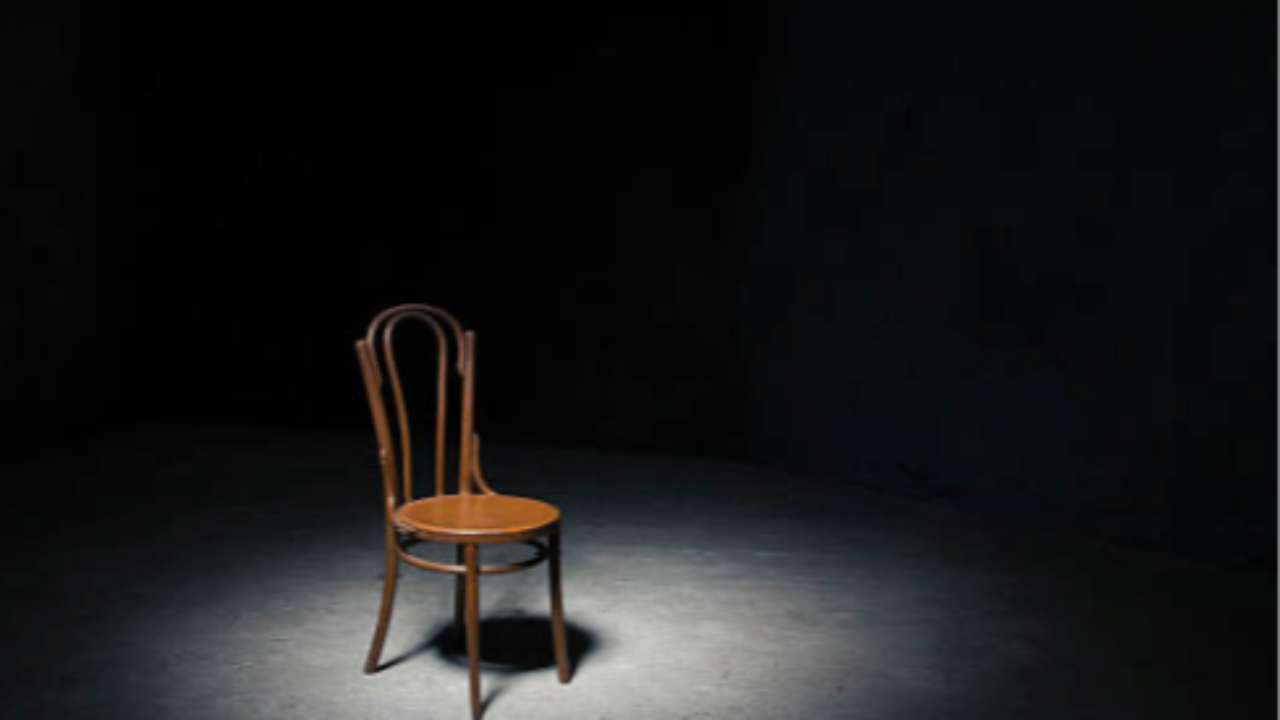Teetering on the edge of incompetence
Jun 12, 2025
We’re at dinner at the end of day one of an offsite — the leadership team and me, their facilitator. It’s been a big day of rich, productive conversation, and we’re enjoying a well-earned meal. One of the team turns to me and asks, completely straight-faced:
“Don’t you find it exhausting? Spending your days with people you don’t really know, talking about things you don’t necessarily understand?”
It was a raw question. And despite nearly choking on my pinot noir, it left me feeling equally raw in my answer.
Because… yes. I do.
There’s a particular tightrope you walk when facilitating high-stakes conversations. One foot planted in design, the other in emergence. One hand holding the plan, the other reaching for threads of meaning just barely showing themselves.
And all the while, a little voice poking you in the ribs: You don’t know where to go next, do you?
Teetering on the edge of incompetence. That’s what it feels like. “Incompetent” isn’t quite the right word - but it sometimes feels like I’m one poorly framed question away from it.
I spend my days immersed in rooms full of smart, insightful people. I’m the stranger in the room, there to help them have the kind of conversation they might struggle to have on their own - one that brings clarity, shape, perspective, movement, empathy, and fun. But as ideas fly, nuance deepens, and context layers upon context, much of my mental energy goes into simply keeping up. Not just with the words, but with the subtext, the dynamics, the shifting sense of what this is really about.
I’m constantly asking: What don’t I understand here?
Some days, it’s terrifying. There have been times I’ve called a break just to get my fear of the unknown under control.
And yet - and this is the key - that’s the work. That’s the joy.
That’s facilitation.
Because despite what people say, I don’t believe the facilitator can ever be separate from the content. You don’t need to be a subject-matter expert, but you do need to tune in. To notice what’s repeating. What’s avoided. What’s swelling beneath the surface.
To facilitate well is to help a group make sense of itself. And that means, in some form, keeping up.
Which, for me at least, is exhausting. And exhilarating. And deeply humbling.
So how do you walk that tightrope deliberately - without faking it, freezing, or over-functioning?
Over the years, I’ve developed a few anchor moves. Simple, powerful micro-practices that keep me grounded when the conversation gets complex or I feel myself sliding out of my depth:
Admit you don’t understand.
“You’re going to have to help me out here - what exactly does that mean?”
Interrupt for the group’s sake.
“Before we go further, are we clear on the problem we’re solving here?”
Hold the mic to the room.
“If you had to name what this conversation is really about - what would you say?”
Bring in the invisible stakeholder.
“If [insert name] were in the room, what would they challenge us to think about right now?”
Jump forward in time.
“Thirty minutes from now, what should this conversation have achieved?”
Hold up the mirror.
Not by offering answers, but by reflecting patterns and shining a light on what the group may not be noticing about itself.
These practices remind me that my job isn’t to have the best ideas - it’s to help the best thinking emerge.
And that requires being willing to teeter. To stay at the edge of not-knowing.
But here’s the bigger point: this isn’t just about facilitation.
It’s something I wish more teams embraced in themselves.
In group settings, it can feel risky to let go of expertise. Dangerous to admit confusion. There’s pressure to stay competent, composed, credible. But what if we created more space for people to say:
“Wait - what are we really talking about here?”
“Can we pause? I’m not sure we’re all in this conversation yet.”
What if teetering on the edge of incompetence wasn’t a professional hazard, but a shared cultural skill?
A way of staying curious. Of staying… human.
Because here’s the paradox:
When we allow ourselves - and others - to stand at the edge, we create space for something far more powerful than certainty.
We create the conditions for discovery.
For emergence.
For the kind of insight that only reveals itself when we stop knowing and start noticing.
That’s the magic of the edge.
Until next time,
Simon
Want more?
Get my newsletter Something to Try & Three Reasons Why and be the first to hear about my upcoming courses by subscribing to my mailing list.
You'll probably only hear from me every few weeks.
I promise not to flood your inbox.

